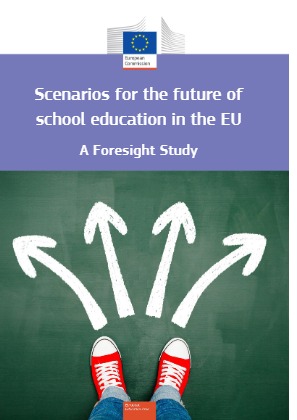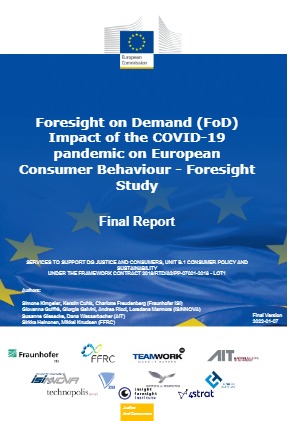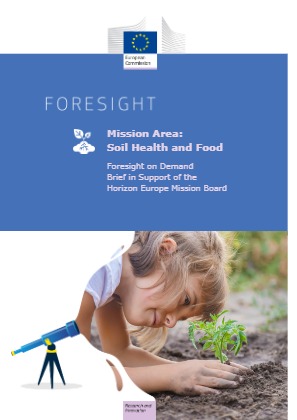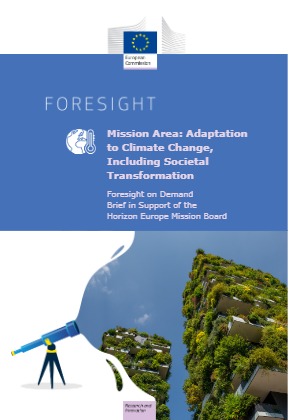Last Edited: 7 months ago
ISINNOVA1
Institute for Studies on the Integration of Systems
Delivering solutions for a more sustainable future
ISINNOVA provides research services and strategic consultancy to public and private actors pursuing sustainable visions, solutions, and policies.
Five Pillars of Our Approach
1. Anticipate – Apply systems thinking and foresight methodologies to identify emerging challenges, reveal interdependencies, and inform proactive, future-resilient strategies.
2. Integrate – Connect disciplines, sectors, and knowledge systems to foster richer analysis and tackle complex challenges holistically.
3. Align – Ensure research, innovation, and governance processes reflect the values, priorities, and needs of society through ethical, participatory, and responsible approaches.
4. Co-create – Engage diverse stakeholders — researchers, policymakers, citizens, and industry — in collaborative processes to design solutions that are inclusive, relevant, and impactful.
5. Transform – Drive systemic change by translating shared knowledge and co-created solutions into sustainable, scalable actions, supported by continuous assessment to ensure applicability, effectiveness, and long-term value.
Track Record
- 50+ years in the game (and counting).
- Involved in over 130 research projects (ISINNOVA designs, develops, and manages sector-specific & cross-sector EU and global projects)
- 15 staff members with multidisciplinary backgrounds (engineering, statistics, economics, politics, law, social sciences, computer science and media studies)
Posted on: 03/04/2025







